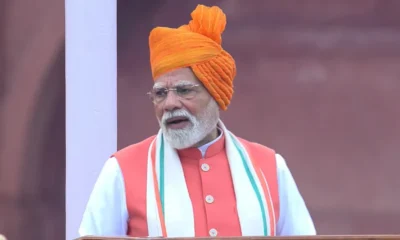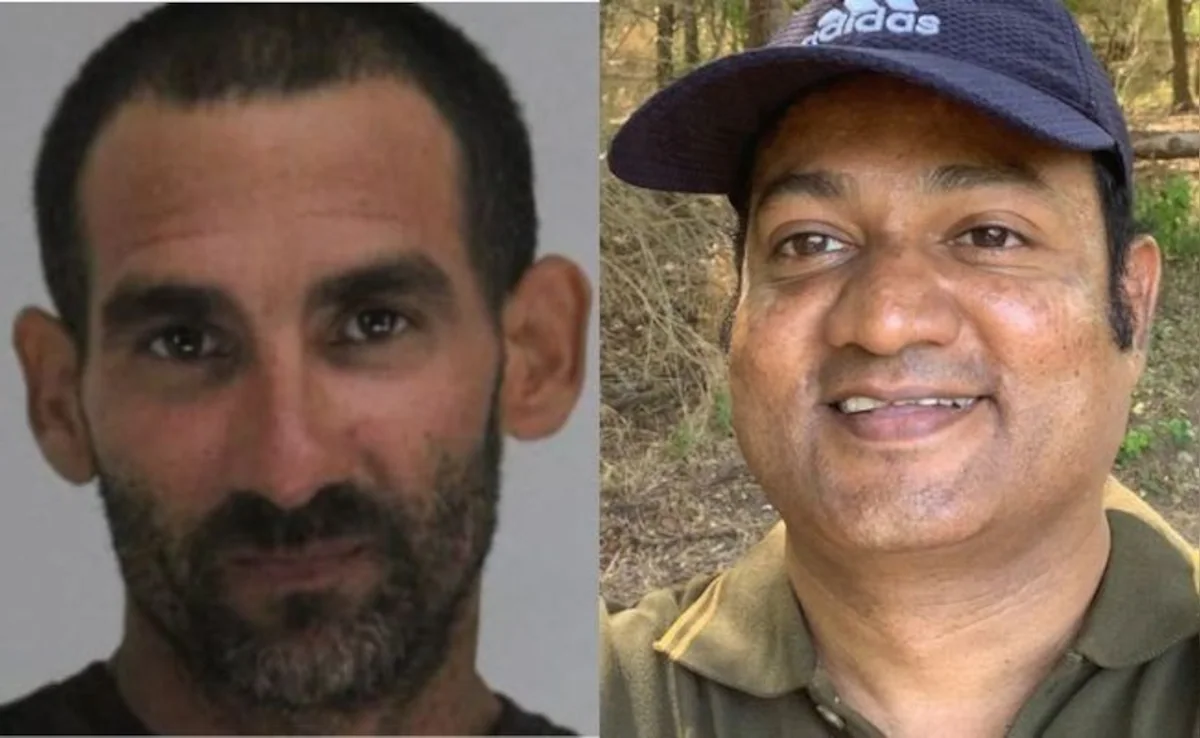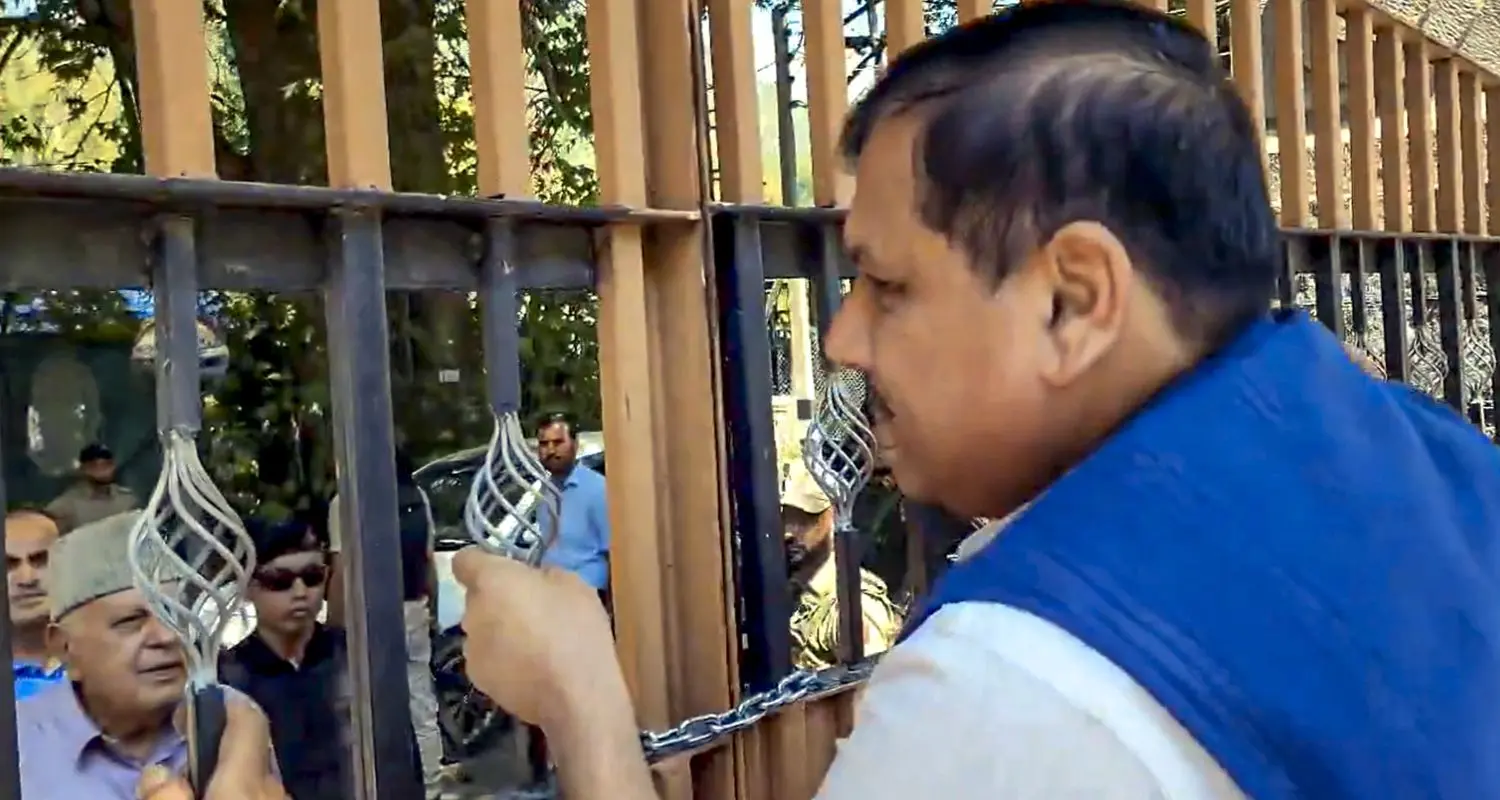[vc_row][vc_column][vc_column_text]While militants continue to infiltrate into India, often under covering fire from Pakistani troops, Pakistan foreign minister Khawaja Muhammad Asif has written to his Indian counterpart Sushma Swaraj, seeking a way to end the increasing ceasefire violations occurring on the Line of Control (LoC) and across the international border (IB).
The letter, that came last week, said that the two countries should work together to bring an end to the ceasefire violations that are causing large-scale casualties, especially among the civilians. However, Asif reiterated the Pakistani military establishment’s position that it was the Indian troops that were making the provocations and Pakistani troops were only retaliating.
The claim flies in the face of facts. Pakistani troops often indulge in cease fire violations, often meant to provide covering fire to militant groups trying to infiltrate into India.
Only a day before, two of the three militants killed in Kashmir were identified as Pakistanis and were part of the group that had attacked Amarnath pilgrims in July this year. (See Box below).
There was also an incident of forest fires suspected to have been set off by Pakistani troops along the LoC at village Langiot in Mendhar sector of Poonch. The fire set off several landmines laid by Indian troops along the LoC, to prevent infiltration.
According to data from Ministry of Home Affairs, the number of ceasefire violations cause by Pakistan’s troops had increased significantly in 2017, the Times of India reported Pakistan violated ceasefire 724 times along IB and LoC until October this year, according to the data. The figure for such violations for the entire last year was 449. Twelve Indian civilians and 17 security personnel were killed in the firing from across the border until October.
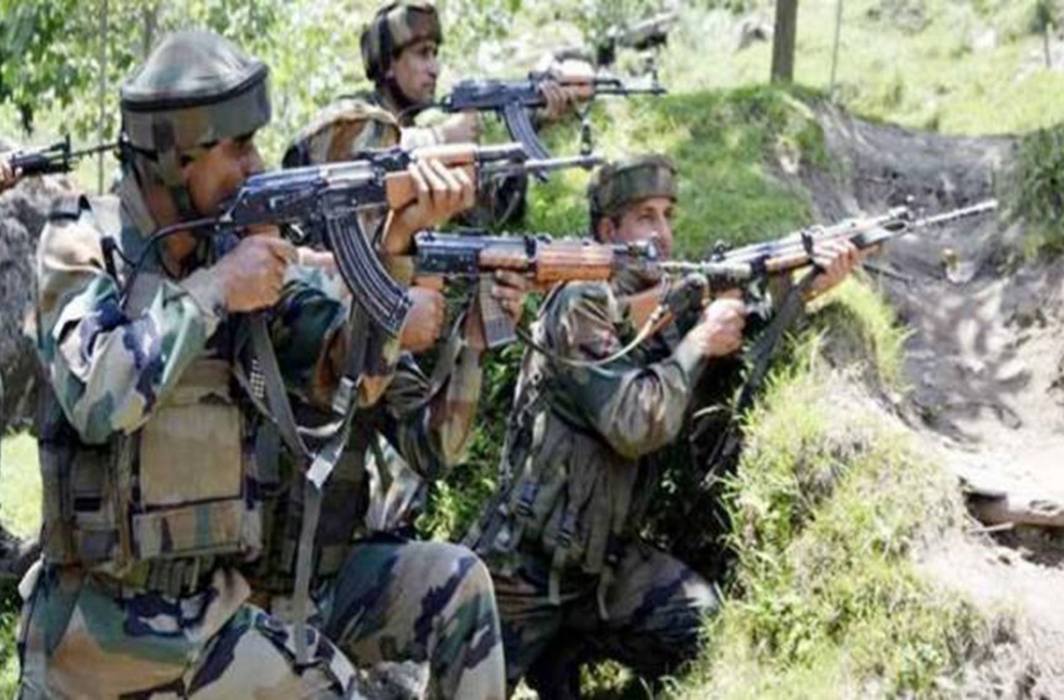
While Swaraj was yet to respond, Asif’s letter is not likely to lead to a thaw between the two sides. The release of JuD chief and Mumbai attack mastermind Hafiz Saeed and the impasse over Kulbhushan Jadav, whom Pakistan accuses of being an Indian spy, have queered the pitch further.
Pakistan has repeatedly summoned India’s envoy in Islamabad in the past few months blaming India for ceasefire violations by India and calling them a threat to regional peace and security, saying they may lead to ‘a strategic miscalculation’. In his letter to Sushma Swaraj, Asif quoted Pakistan’s figures to highlight the alleged ceasefire violations by India. According to the ToI report, Islamabad claims that Indian troops have been responsible for over 1300 violations this year and had caused the death of 52 civilians.[/vc_column_text][vc_column_text]While militants continue to infiltrate into India, often under covering fire from Pakistani troops, Pakistan foreign minister Khawaja Muhammad Asif has written to his Indian counterpart Sushma Swaraj, seeking a way to end the increasing ceasefire violations occurring on the Line of Control (LoC) and across the international border (IB).
The letter, that came last week, said that the two countries should work together to bring an end to the ceasefire violations that are causing large-scale casualties, especially among the civilians. However, Asif reiterated the Pakistani military establishment’s position that it was the Indian troops that were making the provocations and Pakistani troops were only retaliating.
The claim flies in the face of facts. Pakistani troops often indulge in cease fire violations, often meant to provide covering fire to militant groups trying to infiltrate into India.
Only a day before, two of the three militants killed in Kashmir were identified as Pakistanis and were part of the group that had attacked Amarnath pilgrims in July this year. (See Box below).
There was also an incident of forest fires suspected to have been set off by Pakistani troops along the LoC at village Langiot in Mendhar sector of Poonch. The fire set off several landmines laid by Indian troops along the LoC, to prevent infiltration.
According to data from Ministry of Home Affairs, the number of ceasefire violations cause by Pakistan’s troops had increased significantly in 2017, the Times of India reported Pakistan violated ceasefire 724 times along IB and LoC until October this year, according to the data. The figure for such violations for the entire last year was 449. Twelve Indian civilians and 17 security personnel were killed in the firing from across the border until October.

While Swaraj was yet to respond, Asif’s letter is not likely to lead to a thaw between the two sides. The release of JuD chief and Mumbai attack mastermind Hafiz Saeed and the impasse over Kulbhushan Jadav, whom Pakistan accuses of being an Indian spy, have queered the pitch further.
Pakistan has repeatedly summoned India’s envoy in Islamabad in the past few months blaming India for ceasefire violations by India and calling them a threat to regional peace and security, saying they may lead to ‘a strategic miscalculation’. In his letter to Swaraj, Asif quoted Pakistan’s figures to highlight the alleged ceasefire violations by India. According to the ToI report, Islamabad claims that Indian troops have been responsible for over 1300 violations this year and had caused the death of 52 civilians.[/vc_column_text][vc_column_text css=”.vc_custom_1512464927499{padding-top: 5px !important;padding-right: 5px !important;padding-bottom: 5px !important;padding-left: 5px !important;background-color: #c4c4c4 !important;border-radius: 5px !important;}”]Amarnath Yatris’ attackers wiped out
Security forces have “wiped out” the terrorist group that attacked Amarnath Yatris in July this year, said Jammu and Kashmir’s Director General of Police (DGP) SP Vaid on Tuesday.
A terrorist group had attacked a bus carrying at least 56 Amarnath pilgrims at Botengo village near Anantnag, on the Srinagar-Jammu National Highway, in South Kashmir on July 10. Eight passengers were killed and 15 injured in the attack.
In September, security forces said they had killed militant group Lashkar-e-Taiba’s commander Abu Ismail, who is believed to have planned the attack.
In a twitter post on Tuesday, Vaid said said: “With the elimination of Abu Ismail earlier & now these three Abu Mavia, Furkan & Yawar group that attacked Amarnath Yatries is wiped out.”
In another tweet, he said: “Body of third terrorist Yawar a local was also recovered from encounter site & 4th terrorist caught alive in injured condition. Well done boys.”
Furqan, one of the three killed in the encounter, is believed to have taken over as the head of Lashkar-e-Taiba in South Kashmir after Abu Ismail’s death. “Furkan, a Pakistani terrorist who took over as Divisional commander of LeT after the elimination of Ismail was killed in today’s encounter at Qazikund along with another Pakistani terrorist identified as Abu Mavia. Great success for security forces!” Vaid had said on Monday.
The fourth militant involved in the Qazigund encounter was arrested from a maternity hospital in Anantnag hours after he fled the site of the shootout on Monday afternoon.
The encounter took place on Monday after militants opened fire on an Army convoy along the Srinagar-Jammu national highway, around 7 km from Anantnag town. The jawans in the convoy retaliated, forcing the militants to flee. The militants took shelter in a house at a nearby village. Security personnel soon cordoned off the house and an encounter followed.
While one soldier was killed in the attack and another sustained injuries, the forces managed to capture a terrorist in Qazigund. His identity was not immediately known.[/vc_column_text][/vc_column][/vc_row]
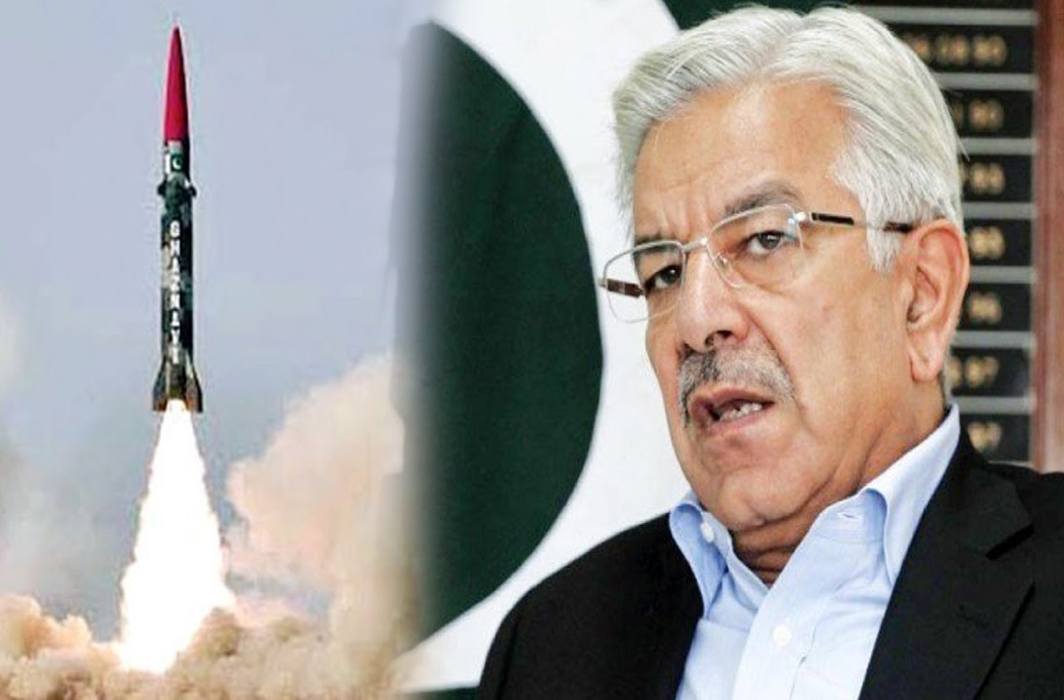

 India News3 hours ago
India News3 hours ago
 India News4 hours ago
India News4 hours ago
 LATEST SPORTS NEWS4 hours ago
LATEST SPORTS NEWS4 hours ago
 India News3 hours ago
India News3 hours ago









